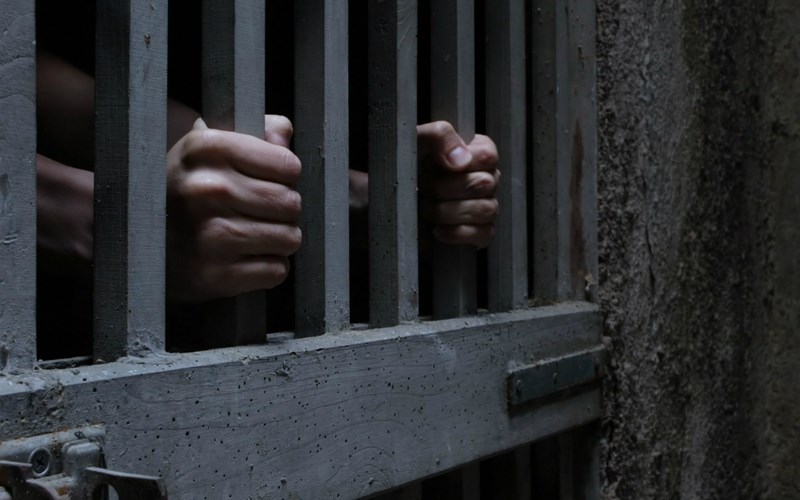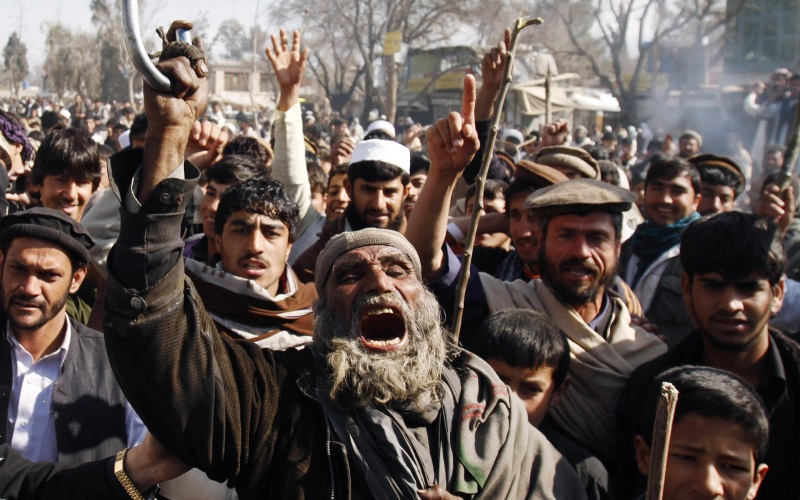In March 2019, Stephen Masih got into an argument, and when a Muslim neighbor intervened, he responded rather loudly. So the neighbor said she was going to file charges.
"Ultimately the complaint that was filed against him was that he used abusive language against her but that he also used abusive language against the prophet Mohammed, which violates Article 295C of Pakistan's penal code, which is the blasphemy law," details William Stark of International Christian Concern.
Conviction for violating that law carries the death penalty.
The issue, however, is Masih has a mental problem that stems from an illness he suffered when he was 10 years old.
"Because he was having a mental health crisis and something clearly happened, he does not deserve to be in prison. He doesn't deserve to be treated like this," Stark insists. "If you think about it, he's already served two years in prison for a crime he likely didn't commit, but in addition to that, a crime he probably doesn't fully understand."
The courts have consistently delayed his trial, even though they and prison officials are completely aware of his mental problems. Meanwhile, Masih has remained in a prison cell with Muslims who mistreat him because he is a Christian.
United Nations human rights experts urged Pakistan last month to release Masih, to drop the charges against him, and to ensure protection for him and his family, whose home was set on fire.
The U.N. experts have also urged Pakistan to "comply with its international human rights obligations," to repeal its anti-blasphemy laws, and to "take measures to combat the advocacy of religious hatred that constitutes incitement to discrimination and violence."







